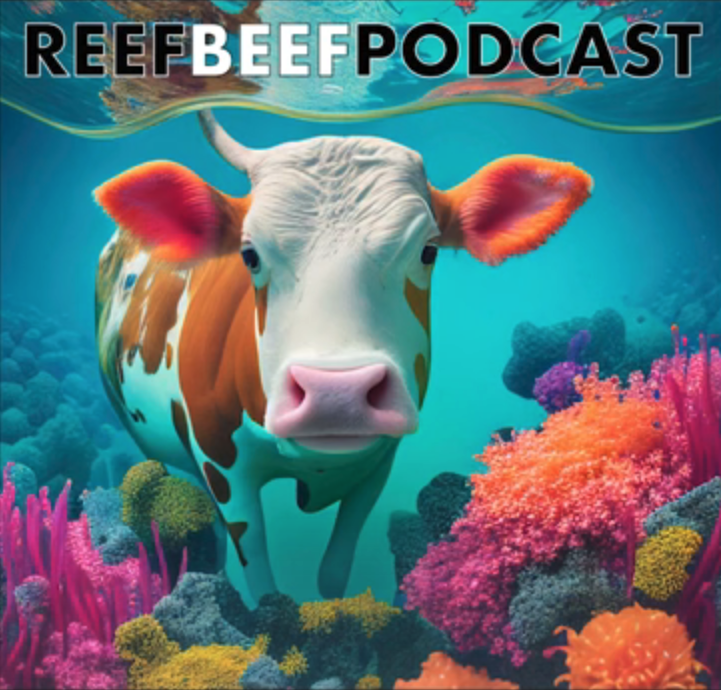“I’ve had several of them do this off and on for two hours,” she says. “With one, I would go sit down, and I wore myself out running back and forth — it was almost like it was laughing at me.”
Interacting with an octopus is a lot like communicating with an alien, since these animals are vastly different from humans: Whatley points out that octopuses have three hearts, a brain surrounding the esophagus, blue blood and no bones. Yet keepers say that individual octopuses have different personalities, and some say they can tell humans apart.
“I had one little guy, I’d put my hand in the tank and he’d rub on my fingers to be petted,” says Whatley. “But he would never do this for my husband, even though he’s the one who feeds the animals.”
The rewards of communing with this alien intelligence come at a high price, though. This is an animal with specialized needs.
For starters, it requires a lot of space. Whatley says an octopus needs at least a 55-gallon aquarium, with a second large tank for a sump to hold the complicated filtration equipment needed for a saltwater aquarium. Another backup tank setup is a good idea in case there’s an emergency, like the octopus inking its tank, which can clog its gills and kill it.
Finally, you’d better have a good lid, because the octopus is a master of escape.
And with all that, all you can keep in the tank is one octopus, because they’ll eat any tank-mates, including other octopuses.
Feeding is complicated and expensive — you can’t run out to the pet store for octopus chow. “There’s no such thing,” says King. “You go to Whole Foods and buy shrimp.”
And that’s the easy route — live food is superior both for nutrition and enrichment. “They profit from hunting a bit, and they do like it better,” she says.
King and Whatley are members of The Octopus News Magazine Online (TONMO), a community of hobbyists, professionals and scientists interested in cephalopods, the group of animals that includes octopuses. One thing newcomers will learn at TONMO is that only about a half dozen of the approximately 300 known species of octopus are good candidates for a home aquarium.
Another member, Richard Ross, aquatic biologist at the Steinhart Aquarium in the California Academy of Sciences, believes that sharing knowledge online has helped reduce the number of unsuitable octopuses being sold. One species called “wonderpus” (after its Latin name) used to sell for a high price, even though it would only survive for a couple of months. After Ross figured out how to care for the species properly and wrote about it, that has changed.
“We’re actually seeing fewer of them come through the trade,” he says. That’s good for everyone because not only is the species difficult to keep alive but, says Ross, “given its coloration, there’s every reason to assume that it’s venomous.”
Kept properly, a suitable aquarium species will live its natural lifespan, but sadly, that’s no more than a couple of years. And to their owners, the death of an octopus is like the death of any other beloved pet.
“I think part of the reason I normally have two is because when you lose one, it’s devastating,” says Whatley.
Although King says Ollie was “the best pet I ever had” and inspired her to co-author a book on pet cephalopods, right now she’s not keeping another octopus.
“I was really grieving when she died,” she says. “I didn’t really think I would be lucky enough to find a second Ollie.”

